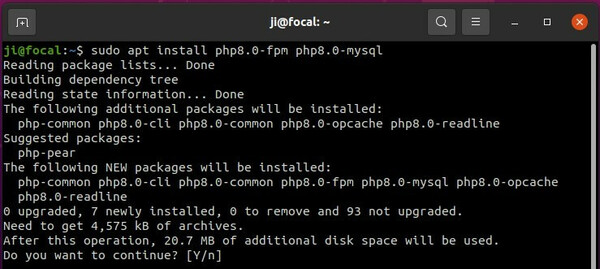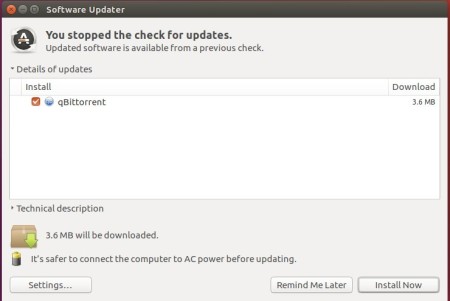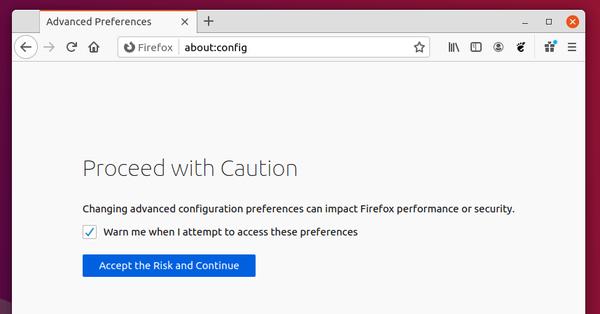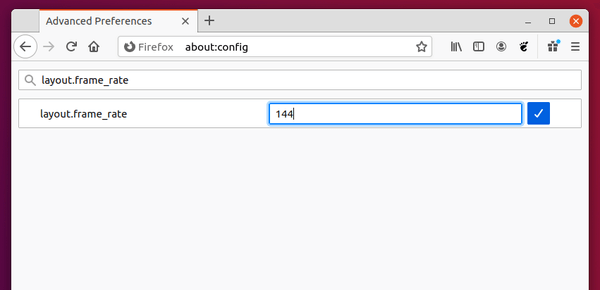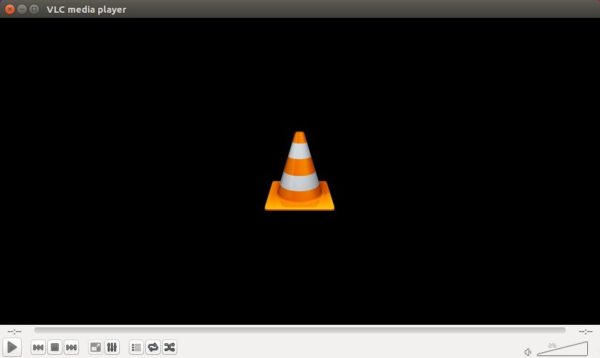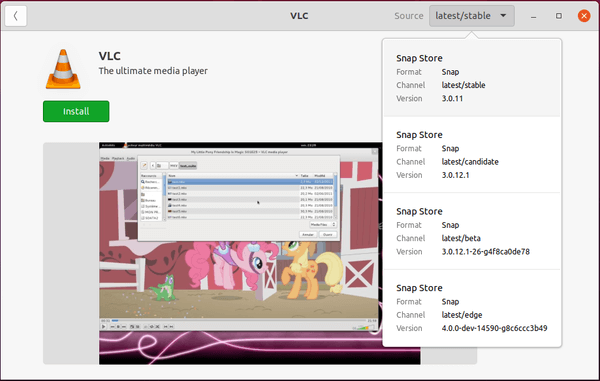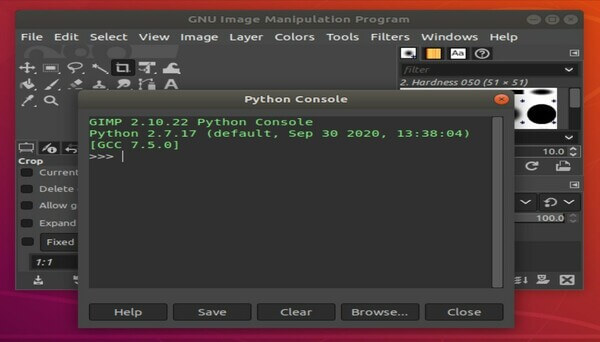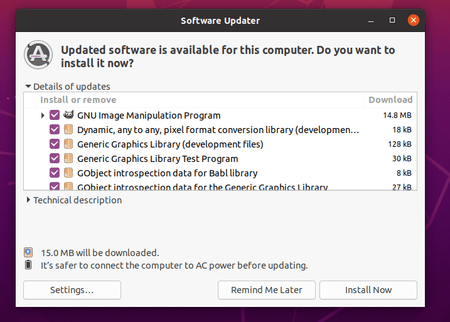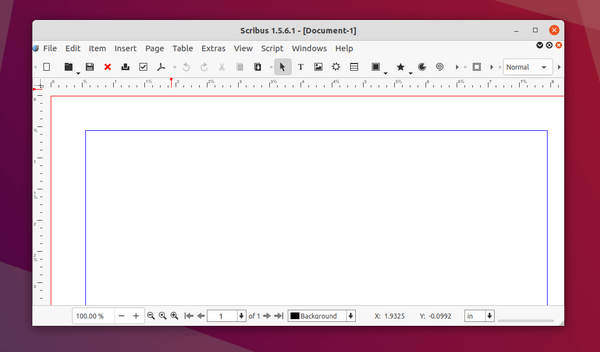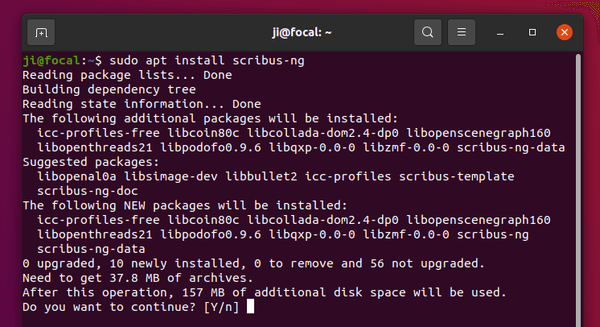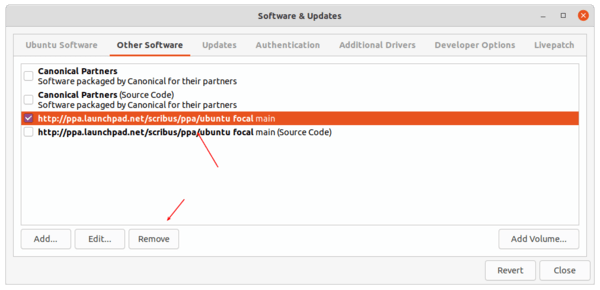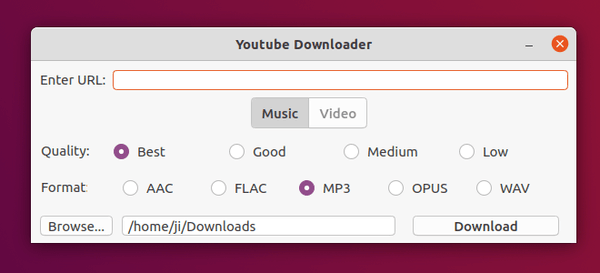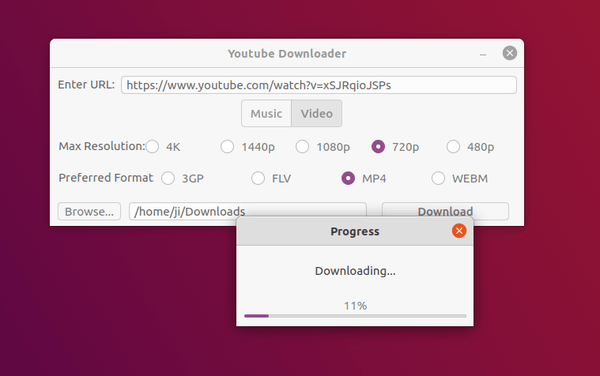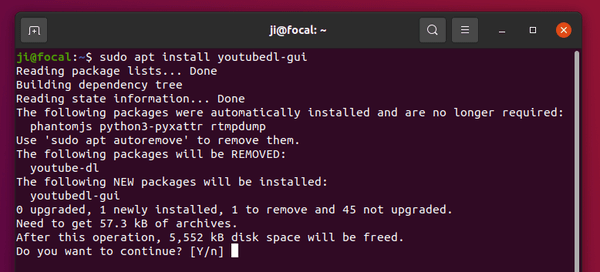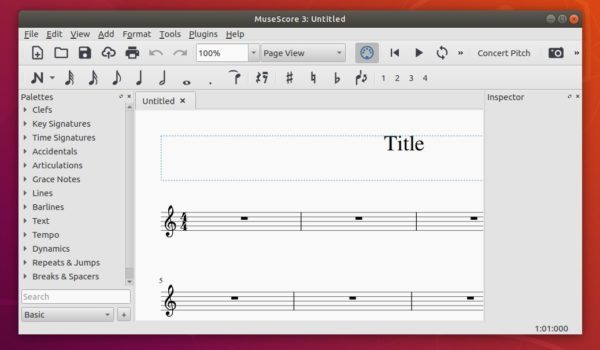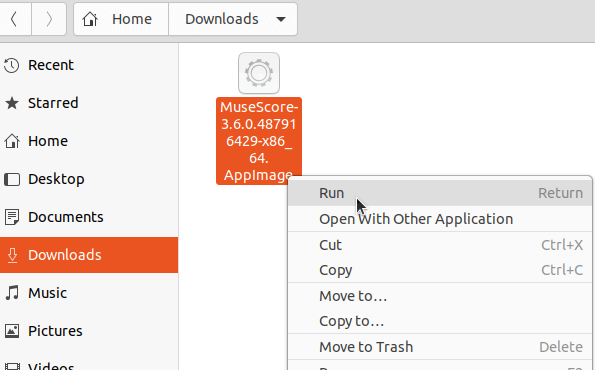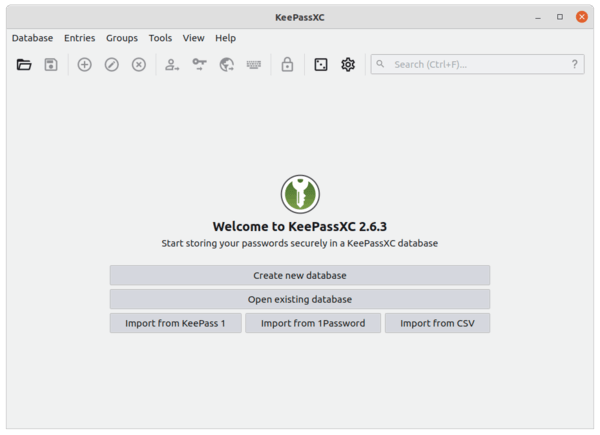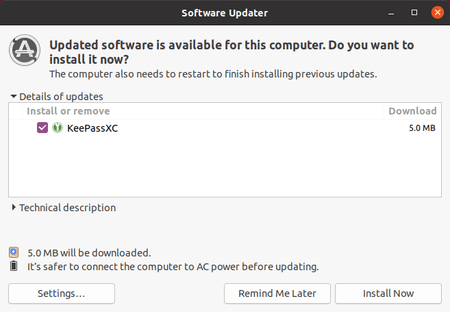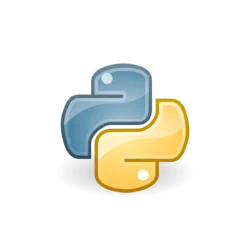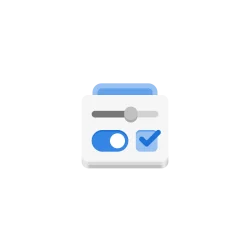![]()
TV-Lite is a free open-source IPTV player with Sopcast and Acestream handling capabilities, which runs in Linux and Windows.
TV-Lite aims to be a replacement for the older TV-Maxe. It so far uses VLC for media playback, and need Acestream and / or Sopcast for this program to be able to handle the respective stream types.
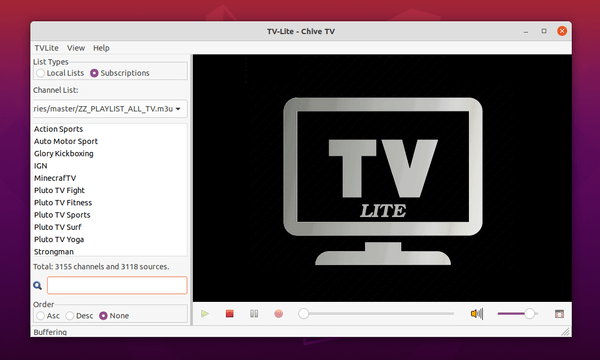
How to install TV-Lite in Ubuntu via PPA:
UPDATE July 2025: TV-Lite revived. For Ubuntu 24.04, Windows, and other Linux, go to the official website for the installer packages.
There’s an Ubuntu PPA maintains the software packages for Ubuntu 18.04, Ubuntu 20.04, Ubuntu 22.04, and Linux Mint 20.
1.) Open terminal from system application launcher, and run command to add the PPA:
sudo add-apt-repository ppa:tv-lite/ppa-git

2.) You can then install the player via command:
sudo apt install sp-auth tv-lite
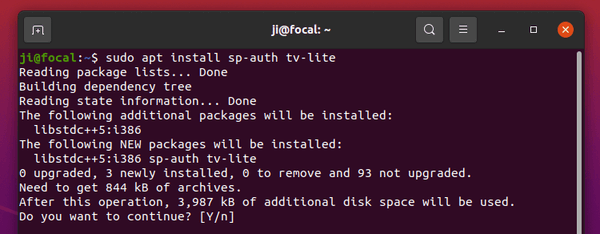
Once installed, open the player from system app menu and you can add following line into Menu -> “Manage subscriptions” for free TVs.
https://is.gd/freeiptvall
How to Remove TV-Lite:
To remove the IPTV player, open terminal and run command:
sudo apt remove sp-auth tv-lite
And remove the Ubuntu PPA via command:
sudo add-apt-repository --remove ppa:tv-lite/ppa-git







